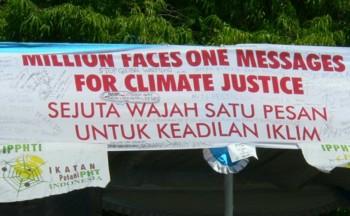- Home
- About
- Campaigns
- Regions
- Themes
- Agrofuels
- Climate justice
- Coastal communities and fisheries
- Disasters
- Economy & debt
- Energy
- Foreign investment
- Forests & forest fires
- Human rights
- Indigenous Peoples
- International Financial Institutions
- Land and food security
- Laws & regulations
- Mining, oil & gas
- Plantations
- Politics & democracy
- REDD
- Regional autonomy
- Transmigration
- Water and dams
- Women
- Publications
- Links
- Contact
Theme
- Agrofuels (7)
- Climate justice (48)
- Coastal communities and fisheries (7)
- Economy & debt (8)
- Energy (8)
- Foreign investment (13)
- Forests & forest fires (28)
- Human rights (20)
- Indigenous Peoples (37)
- International Financial Institutions (10)
- Land and food security (14)
- Laws & regulations (18)
- Mining, oil & gas (8)
- Plantations (15)
- Politics & democracy (6)
- REDD (26)
- Regional autonomy (4)
- Transmigration (1)
- Water and dams (1)
- Women (6)
Publication
- Newsletter articles (39)
- Special reports & briefings (2)
- Books (2)
- Photos and videos (3)
- Press releases & position papers (3)
- Letters (3)
Climate Justice and sustainable livelihoods

Banner in both languages
